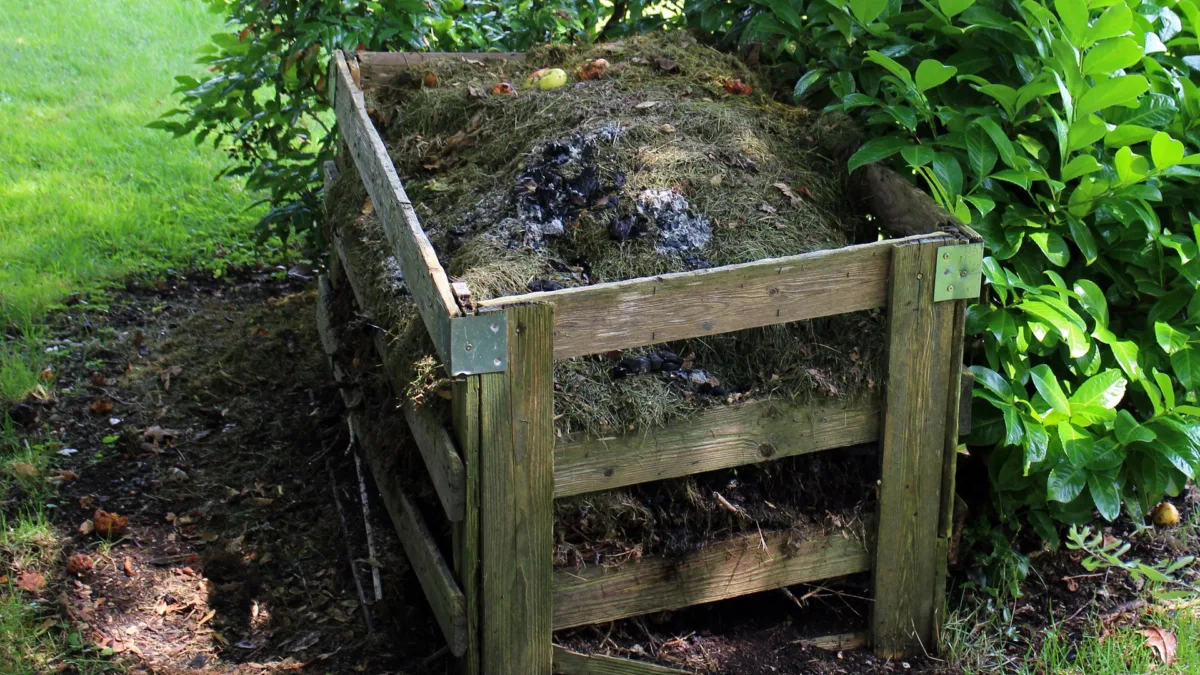If you want to start creating your own compost, there are many factors you need to know. These factors include the amount of compost you need, how to compost green and brown materials, and how to aerate your compost pile. These factors will help you create a rich soil for your plants. You can also learn how to water and aerate your compost pile.
What to compost
Compost is a mixture of ingredients that improve the soil’s properties. It is commonly prepared from decomposing plant or food waste or by recycling organic materials. Depending on the specific type of compost, it can be used for fertilizing plants or as a soil conditioner for the garden. However, there are also many other uses for compost.
The process of composting involves several stages. First, the compost pile needs a container with a lid and handle. Compost should be in a plastic, metal, or ceramic container that is resistant to odor. Old ice-cream pails are also an excellent choice for storing kitchen waste. Once the compost has completed its first step, it is time to add other materials.
Brown and Green materials
A compost pile is a simple way to increase the amount of organic matter in your garden or lawn. You can create one in a variety of ways. You can use a shovel, a rake, a pitchfork, or even a water hose with a spray head. It’s also important to turn the compost pile regularly to ensure that it’s getting the right amount of water and air. A good compost pile mix contains equal parts of green and brown waste. This will prevent smelly sludge from forming.
The green materials contain high levels of Nitrogen and Carbon, which will help the compost pile break down the contents. You can add coffee grounds, tea bags, egg shells, green grass clippings, dead leaves, and cardboard. You can also use manure.
Aerate your compost
To create good compost, you need to make sure the pile is well aerated. This is achieved by adding plenty of air and allowing rain to penetrate the pile. This will help the fungi and bacteria break down the material faster. If the pile is kept too damp, the bacteria will not be able to break it down as quickly as they should. Compost aerators will help you achieve this. They can help you create good compost in as little as two months.
Aeration is essential to aerate your compost, as it allows the process to happen more effectively. An anaerobic environment fosters the development of harmful microbes, including pathogens that can cause human disease. The more air you add to your compost, the more nutrients it will contain.
Water it
Watering your compost pile is a crucial part of its decomposition process. Water not only helps break down organic materials but also helps regulate the temperature. If your compost is too dry or too wet, you may damage it. The best way to determine whether your compost is too wet or too dry is to squeeze a handful of compost from the pile. The consistency should resemble that of a moist sponge.
In general, you can water compost every three to seven days. The amount of water required will depend on the amount of compost and the location. It is also important to make sure that the compost pile has good drainage so that it does not become over-watered.
Use it to nurture your plants
Compost is an excellent way to nourish your plants. The microorganisms in compost release nutrients at the pace your plants require. If your plants are growing slowly, they will benefit from slow-release nutrients, while plants that are growing quickly will benefit from fast-release nutrients. Using compost will help your plants grow strong and healthy.

